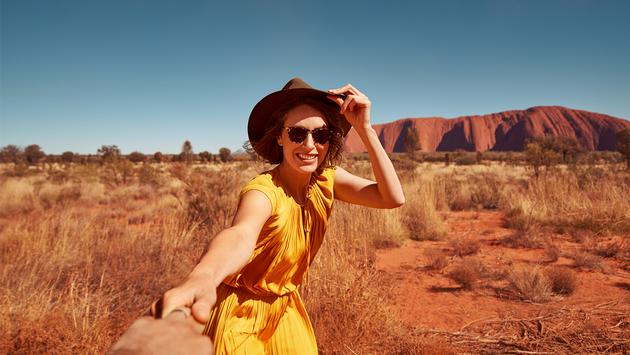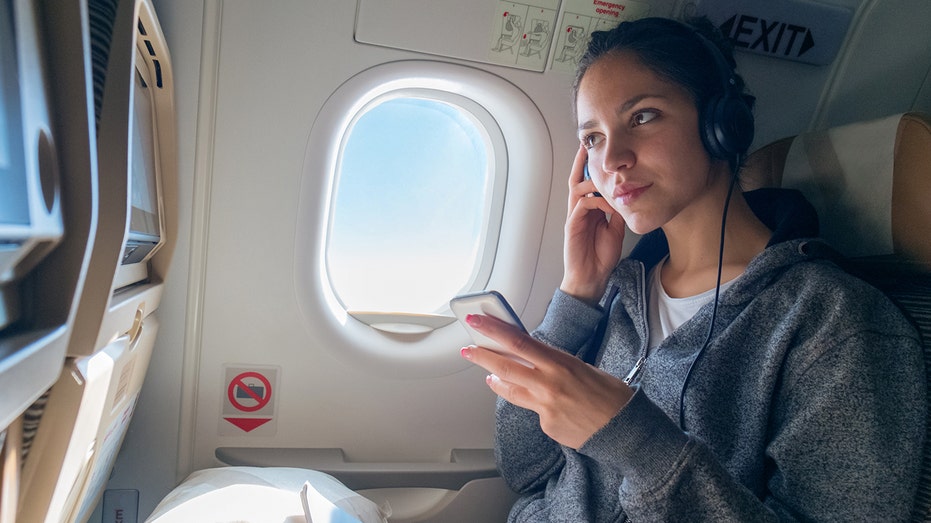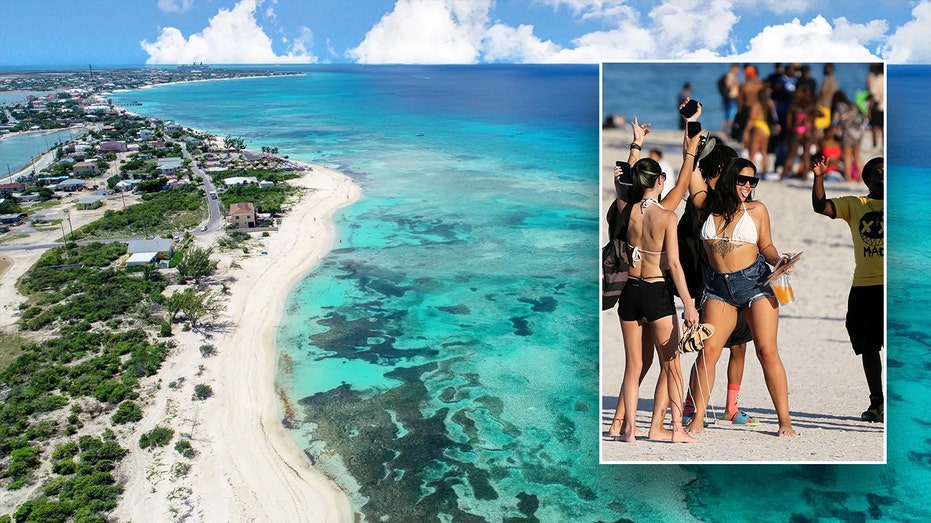- by foxnews
- 10 Mar 2025
What's New in Australia: Reopening and Beyond
Check out some of Australia's newest developments in travel and tourism.
- by travelpulse
- 24 Feb 2022
- in travel

Australia began welcoming its first tourists back to the Land Down Under on February 21, 2022, after two years of lockdowns and closed borders due to the COVID-19 pandemic.
Travelers wanting to enter the country can do so from any country provided they are fully vaccinated and provide proof of a recent negative COVID-19 test taken within 24 hours prior to departure.
International bookings to Australia increased 93 percent after the country announced its reopening date according to Travelport data. Travelers are also more likely to stay in Australia for longer, with an average of 32 days in comparison to the pre-pandemic average of 22 days.
So what's new in Australia? After two years, there are bound to be new developments, attractions and more to welcome travelers back.
In preparation for the new wave of international travelers, Tourism Australia launched a massive $40 million campaign earlier in February to help grow the desire to travel to the country. Its theme: "Don't Go Small. Go Australia."
Qantas, Australia's national airline, is also in the middle of restarting or adding six new international routes connecting places like Sydney to Dallas, Texas and Brisbane to Singapore, anticipating a strong comeback in air travel to the country.
While air travel and land tourism are picking back up in Australia, travelers wanting to explore the continent via cruise ship will have to wait at least until after April 17 of this year. The country recently extended its ban on cruise ships from February 17 to two months later due to pandemic concerns.
But methods of travel aren't the only new developments in Australia. New accommodations have opened since travelers could visit two years ago.
In New South Wales, the Tawillah Milton Luxury Retreat by South Coast Experiences offers a secluded retreat experience for two, ideal for travelers wanting to remain physically distanced during their stay in the region. A new city escape in Newcastle, Crystalbrook Kingsley, offers a modern and sustainable hotel experience in Australia's seventh-largest city.
In the country's Northern Territory, new developments include Litchfield Hideaway's third cabin, made entirely from shipping containers; offering a unique, off-the-grid style retreat, it's a sustainable and private way to experience the bushland. Finniss River Lodge, expected to open this spring, will be the latest luxury lodging experience in the Northern Territory.
In Tasmania, Marriott's The Luxury Collection has opened The Tasman, in the island's capital city of Hobart. Located in a gorgeous building dating back to the late 1800s, The Tasman offers a luxurious retreat in the heart of the city.
Guests who'd like to camp in Queensland and experience Indigenous cultures can look no further than the Talaroo Hot Springs, owned by the Ewamian people, which reopens in April. If luxury retreats are more their style, travelers can enjoy the Ettrick Rocks Luxury Retreats, which offer one-, two- or three-bedroom private retreat options.
In South Australia, new accommodations include Eco Eyre, environmentally friendly eco-pods in Port Gibbon and SEQUOIA Adelaide Hills, an adults-only sustainable lodge that offers incredible excursions, like helicopter tours and bush treks. In Victoria, guests can stay at the new ultra-modern coastal cabins of Five Acres.
Additionally, Australia's touring options have been enhanced over the past two years, offering incredible new experiences to help travelers immerse themselves in Indigenous cultures and learn more about the continent's incredible natural diversity.
One of these tours is the Kakadu Cultural Experience tour in the Northern Territory. Hosted by Kakadu Air and in partnership with Indigenous tour operators, the tour includes a helicopter flight along the scenic Kakadu escarpment, a 90-minute cruise along the East Alligator River, a visit to the Aboriginal rock art galleries at Ubirr, a lunch featuring local ingredients and more. Travelers will learn about the local Bininj/Mungguy people and witness ancient human art along the tour.
Travelers can learn more about Australia's sustainable accommodations and its responsible tours with Tourism Australia. The country is also set to host several local festivals as well as international events, including the Formula 1 Australian Grand Prix 2022 this April and the 2032 Olympic and Paralympic Games in ten years' time.
"In a travel landscape and world that's been forever changed by the pandemic, we anticipate travelers will have an increased appetite for bigger, more meaningful travel experiences, like exploring the iconic Great Barrier Reef and Uluru, seeing Aussie wildlife that can't be found anywhere else in the world - like koalas, quokkas and kangaroos - and learning about Australia's Aboriginal and Torres Strait Islander cultures," said Chris Allison, Tourism Australia's Acting Regional Manager, The Americas.
"Overall, we expect visitors will seek out 'conscious travel' to create deeper connections and experiences with Australia. Of course, our diverse array of food and wine offerings will continue to be sought after by travelers who love to explore through their taste buds."
Travel advisors wanting to refresh themselves on Australia's offerings or who are looking to add the country to their specialties can take the Aussie Specialist Program.
For the latest insights on travel to Australia or anywhere else in the world, check out our interactive guide:
To learn more about traveling to Australia, please click here.
- by foxnews
- descember 09, 2016
Ancient structure used for cult 'rituals' discovered by archaeologists
A Neolithic Timber Circle was discovered by archeologists in Denmark resembling the historical landmark Stonehenge in the U.K. It is open to be viewed by the public.
read more




